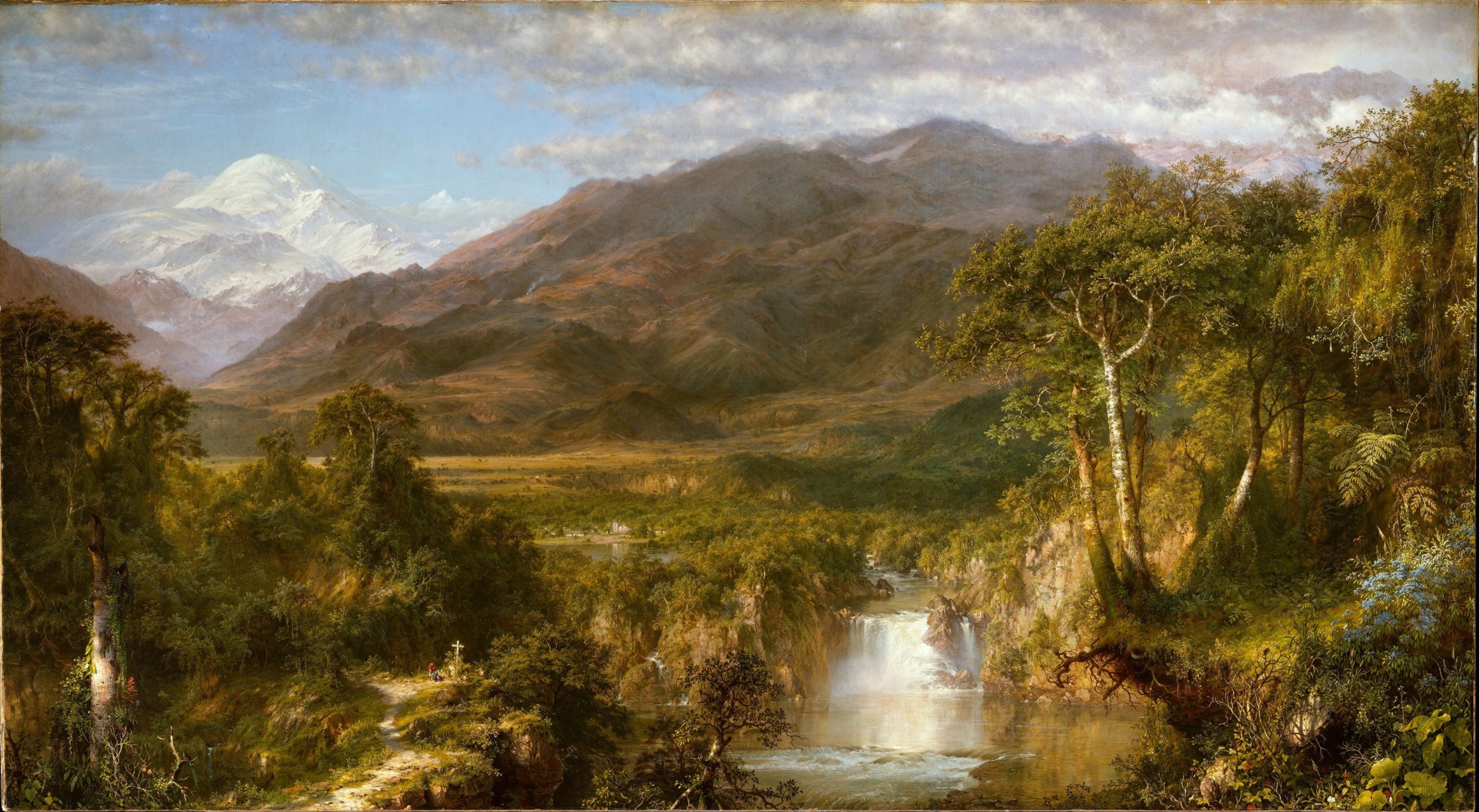Eugene Delacroix’s “The Abduction of Rebecca” is a masterpiece of Romanticist painting. Completed in 1846, this oil on canvas work measures 100.3 x 81.9 cm and is part of the Catharine Lorillard Wolfe Collection at The Metropolitan Museum of Art. The painting depicts a scene from Sir Walter Scott’s novel Ivanhoe where heroine Rebecca is abducted by two Saracen slaves commanded.
This painting was inspired by Delacroix’s trip to Morocco and his admiration for Scott’s novels which he found to be full of vivid images and compelling characters. It shows the influence of the French Romanticist Movement as seen in its vivid colors, dramatic lighting, and portrayal of exotic subjects.
Despite not being well-received by critics at its first showing in the Salon of 1846, “The Abduction of Rebecca” today stands as one of Delacroix’s greatest paintings. Its compelling composition draws viewers into the scene with ease, immersing them in a world that feels both familiar and foreign.



















